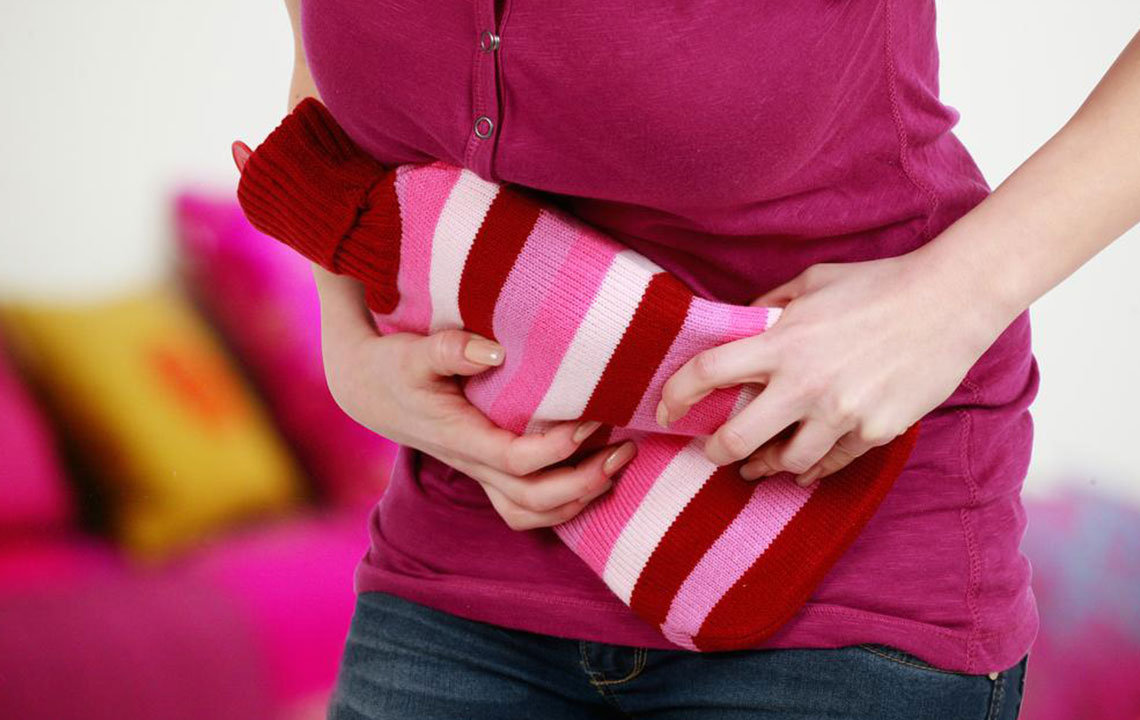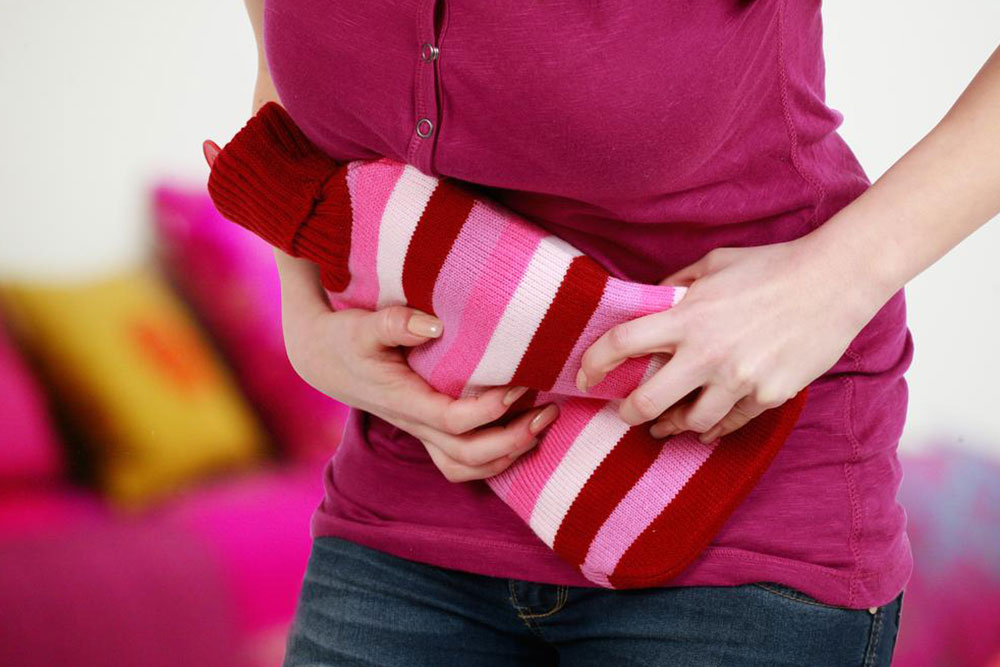Comprehensive Guide to Causes and Prevention of Urinary Tract Infections (UTIs)
This comprehensive guide explores the leading causes of urinary tract infections and offers practical prevention tips. By understanding factors like hydration, hygiene, sexual activity, and hormonal influences, individuals can adopt effective strategies to reduce their risk of UTIs. Regular lifestyle adjustments and awareness are key to maintaining urinary tract health and avoiding recurrent infections, ensuring overall well-being and comfort.

Understanding the Major Causes and Effective Prevention Strategies for Urinary Tract Infections
The human body has sophisticated systems designed to eliminate waste, regulate fluids, and maintain overall health. These systems are crucial for removing toxins and preventing infections. The urinary system, in particular, plays a vital role in filtering waste products from the blood and excreting them via urination. When functioning optimally, this process helps keep the body healthy and free from microbial invasions. However, problems such as frequent urination, a burning sensation during urination, lower abdominal pain, or cloudy and foul-smelling urine can indicate an underlying urinary tract infection (UTI).
Urinary Tract Infections are common bacterial infections that affect any part of the urinary system, including kidneys, ureters, bladder, and urethra. While these infections can occur in both men and women, women are significantly more susceptible due to anatomical differences, hormonal factors, and lifestyle. Recognizing the primary causes of UTIs is essential in implementing preventive measures and reducing the risk of recurrent infections. This article explores in-depth the most common causes, risk factors, and effective strategies to prevent UTIs, enabling individuals to maintain urinary health better and avoid discomfort and complications.
Key Factors Leading to Urinary Tract Infections
High Blood Sugar Levels: Elevated blood glucose levels, often seen in individuals with diabetes or poorly managed blood sugar, can create an ideal environment for bacteria to grow. Excess sugar in the bloodstream spills over into the urine, providing a rich nutrient source that fosters bacterial proliferation within the urinary tract. Persistent high blood sugar not only compromises the immune system but also increases susceptibility to infections, including UTIs. Managing blood sugar through proper diet, medication, and lifestyle choices can significantly reduce this risk.
Sexual Activity and Hygiene: Engaging in sexual activity is one of the most common triggers for UTIs, especially in women. During intercourse, bacteria present around the genital area can be transferred into the urethra, leading to infection. The proximity of the urethra to the vaginal and anal areas makes bacteria transfer easier during sexual contact. To mitigate this risk, urinating within 30 minutes after sex helps flush out potential bacteria, reducing the likelihood of infection. Additionally, practicing good personal hygiene, wearing breathable underwear, and avoiding irritating products are crucial preventive steps.
Inadequate Hydration and Fluid Intake: One of the simplest yet most effective measures to prevent UTIs is maintaining adequate hydration. Drinking sufficient amounts of water helps dilute urine, flush out toxins, and eliminate bacteria that might have entered the urinary system. When dehydration occurs, urine becomes concentrated, providing an environment conducive to bacterial growth. Consistently consuming at least 8-10 glasses of water daily supports urinary health and reduces infection chances.
Prolonged Urine Retention: Holding in urine for extended periods allows bacteria to multiply within the urinary bladder, increasing the risk of infection. Regular urination flushes out bacteria and prevents their attachment to the lining of the urinary tract. Ignoring the urge to urinate or delaying bathroom visits, especially during busy schedules or long trips, can predispose individuals to UTIs. Developing a routine of urinating when needed and avoiding unnecessary delays are important preventive strategies.
Hormonal Changes Due to Birth Control and Other Contraceptive Methods: Hormonal fluctuations caused by certain contraceptive methods, such as diaphragms, spermicides, or hormonal pills, can disturb the vaginal flora and immune defenses, making the urinary tract more susceptible to bacterial attacks. These changes can alter the natural pH levels and mucosal defenses, facilitating pathogen colonization. Women using hormonal contraception should be vigilant about personal hygiene, hydration, and other preventive measures to maintain urinary tract health.
Preventive Measures and Lifestyle Tips to Reduce UTI Risks
While urinary tract infections can be uncomfortable and sometimes serious if left untreated, adopting certain lifestyle changes and natural remedies can significantly reduce their occurrence. The following are evidence-based strategies to promote urinary health and lower UTI risk:
Stay Well-Hydrated: Consuming plenty of fluids, primarily water, is fundamental in preventing UTIs. Proper hydration helps keep the urinary system washed out, prevents bacterial concentration, and supports immune function. Aim for a minimum of 8-10 glasses of water daily, adjusting based on activity level, climate, and individual health conditions.
Practice Good Hygiene: Maintaining personal hygiene is paramount. Wipe from front to back after using the toilet to prevent bacteria from the anal area reaching the urethra. Cleanse the genital area gently with mild soap and water, avoiding irritating chemicals, douches, and scented products that can disrupt natural flora.
Urinate Promptly and Fully: Do not hold urine for long periods. Regular urination helps eliminate bacteria from the urinary tract. Make it a habit to urinate when the urge arises and ensure complete bladder emptying to reduce bacterial colonization.
Post-Intercourse Urination: Urinating shortly after sexual activity can help wash away bacteria introduced during intimacy. This simple step can significantly cut down UTI risks, especially in women.
Wear Breathable Clothing and Underwear: Opt for cotton underwear and loose-fitting clothes to allow proper airflow, reducing moisture buildup and bacterial growth in the genital area.
Limit Irritating Substances: Avoid using scented soaps, powders, or feminine sprays that may irritate the urinary tract and disrupt natural bacteria balance.
Consider Dietary Adjustments and Natural Supplements: Incorporate cranberries or cranberry extracts, which are known for their potential to prevent bacterial adhesion in the urinary tract. Probiotics can also help restore healthy gut and vaginal flora, providing additional defense against UTIs.
When to Seek Medical Attention
Although many UTIs can be effectively managed with natural remedies and lifestyle adjustments, some cases require prompt medical intervention. Persistent symptoms such as severe pain, fever, chills, blood in urine, or back pain indicate possible kidney involvement or serious infection. If symptoms do not improve within 48 hours of antibiotic treatment or worsen, consult a healthcare professional immediately to prevent complications and ensure proper diagnosis and treatment.
Preventing urinary tract infections is achievable through awareness, good hygiene, and healthy lifestyle choices. Incorporating these strategies into daily routines can lead to fewer infections, less discomfort, and better overall urinary health.





